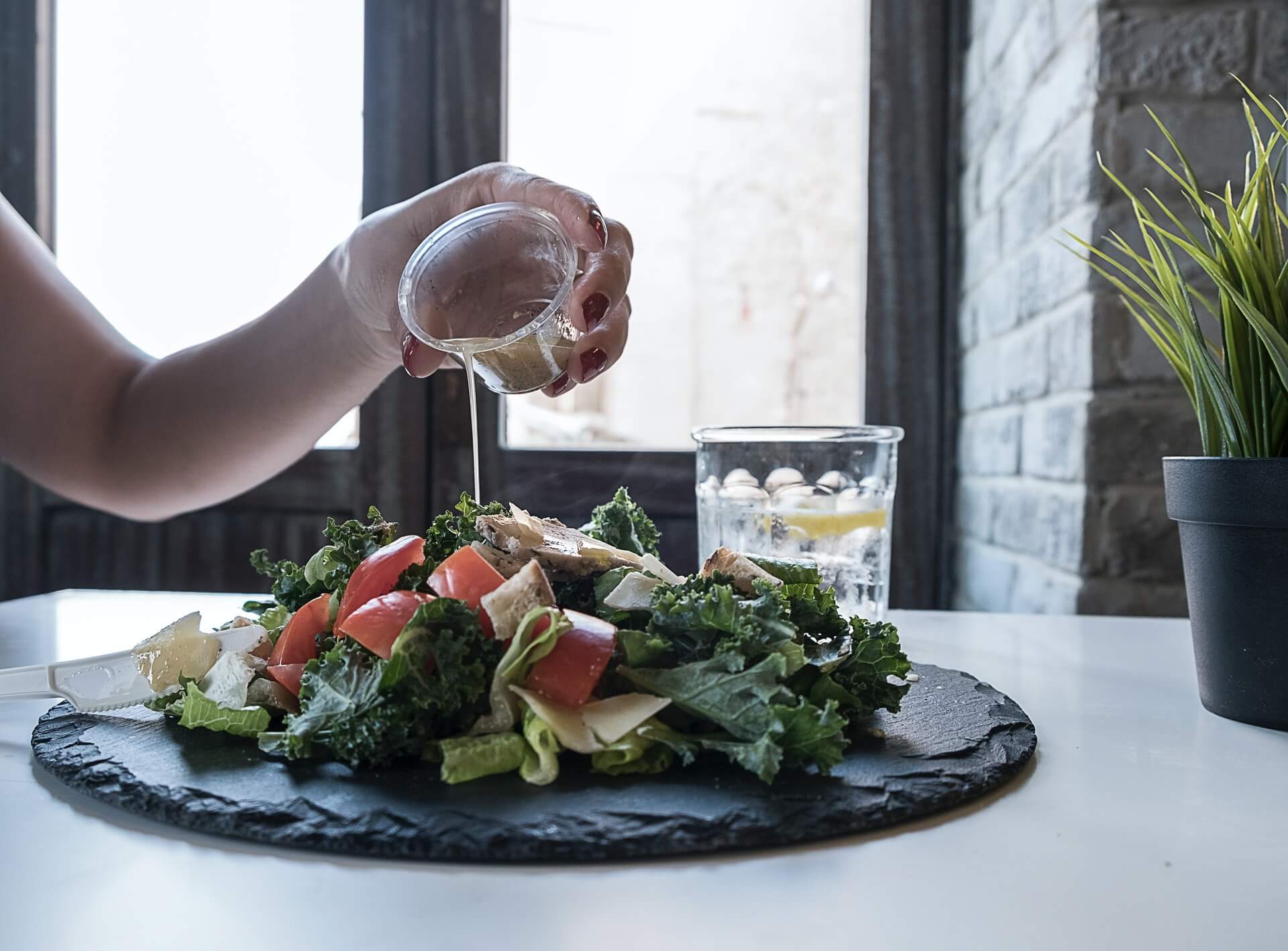ADELAIDE, Australia — Snoring is not only annoying, but it can be potentially life-threatening in certain cases. Instead of changing your mattress, researchers say the best way to treat severe snoring may be to change your diet. Scientists in Australia have found that eating more plant-based meals are less likely to deal with obstructive sleep apnea.
Along with snoring loudly, obstructive sleep apnea is dangerous because people abruptly stop breathing throughout the night. They also wake up multiple times throughout the night, disrupting their sleep schedule. Obstructive sleep apnea not only increases fatigue, but it raises the risk for high blood pressure, stroke, heart disease, and Type 2 diabetes.
The new findings suggest a diet filled with healthy plant-based foods may help prevent or manage obstructive sleep apnea. One reason may because of the impact of plant-based diets on inflammation and obesity.
“Diets rich in anti-inflammatory components and antioxidants, and low in harmful dietary elements, can influence fat mass, inflammation, and even muscle tone, all of which are relevant to OSA risk,” says Dr. Yohannes Melaku, a professor at Flinders University in Australia and study co-author, in a press release.

The study authors collected data on 14,210 people enrolled in the U.S. National Health and Nutrition Examination Survey. Participants were asked to report on everything they ate over the last 24 hours and whether they adhered to a healthy plant-based diet — foods rich in whole grains, fruits, vegetables, nuts, and legumes, along with tea and coffee — or a diet high in animal foods. This included foods with animal fat, dairy, eggs, fish, or seafood, and meat.
Another group in the study included who ate an unhealthy, plant-based diet featuring salty foods, refined grains, potatoes, sugar-sweetened drinks, sweets, and desserts. Finally, people filled out a questionnaire on whether they suffered from obstructive sleep apnea.
Results reveal people with diets high in plant-based foods were 19 percent less likely to have obstructive sleep apnea than those with diets low in plant-based food. People eating a largely vegetarian diet also lowered their risk for dangerous bouts of snoring.
The type of plant food, however, matters. People who ate an unhealthy plant-based diet had a 22-percent greater risk of obstructive sleep apnea.
“These results highlight the importance of the quality of our diet in managing the risk of [obstructive sleep apnea]. It’s important to note these sex differences because they underscore the need for personalized dietary interventions for people with OSA,” says Dr. Melaku.
Now that scientists have established a connection between unhealthy and healthy plant-based food and snoring, the next step is to see whether the risk increases in people who regularly eat ultra-processed foods. They also plan to see how diet affects the risk of obstructive sleep apnea changes over a long period of time.
The study is published in ERJ Open Research.



